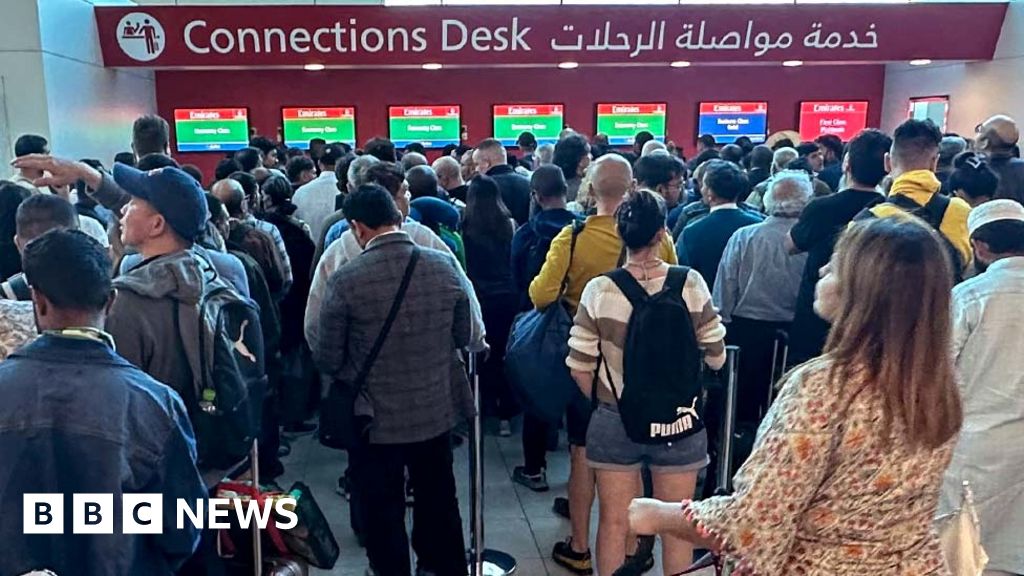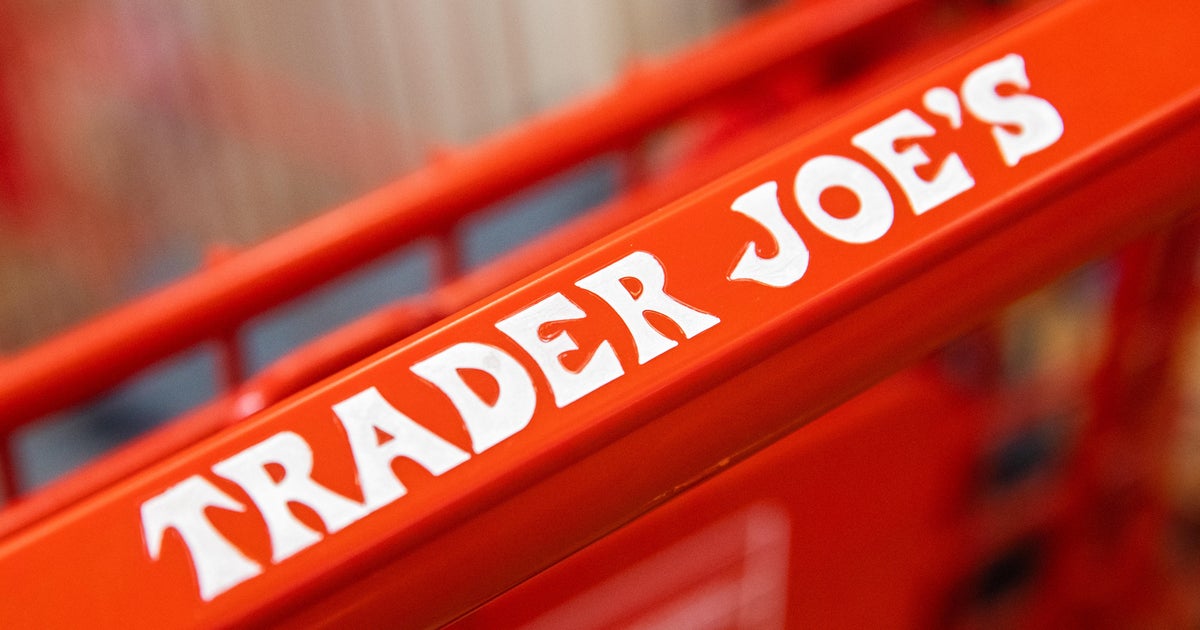As things went from bad to worse, the Pham sisters posted an open letter on LinkedIn explaining the “existential threat” the bank’s meltdown posed to small businesses like theirs. “For those creating physical goods, not having access to working capital severely hampers our ability to create sellable product, manage inventory, + keep the lights on,” the sisters wrote in the letter. “When large institutions + gatekeepers make big changes, it’s oftentimes the smallest + most marginalized groups who feel the impact the heaviest.”
The post quickly went viral, and support flooded in from customers, investors, vendors and suppliers. People placed orders for Omsom’s cooking sauces, shared their story on other platforms, offered advice and gave them extensions on upcoming payments.
“In the late nights where I was having trouble sleeping, I read all the comments to give myself some comfort,” Pham said. “These customers of ours felt deeply called to do something about the situation even though it was so massive and beyond our control.”
Omsom was not alone in drawing on customer support to keep things running in the crisis.
SVB clients Dona Sarkar and her business partner Jeremiah Marble were in the process of moving funds for their small fashion brand Prima Dona Studios on Thursday when their money went into “wire transfer purgatory,” she said. Sarkar’s first concern was how she was going to pay her seamstresses — Afghani women refugees living in Seattle.
The brand, which is focused on “women who are in the spotlight,” employs women from seven families who fled Afghanistan after the U.S. military pulled out of the country. As the breadwinners of their households, these women can’t afford to not receive their payments.
Sarkar, who works full time as an executive at Microsoft, tweeted about her concerns. Soon after, some of her repeat customers reached out asking how they could help. Sarkar started receiving commissions — including ones for a wedding dress and a chef’s coat.
“Our customers have been just extraordinary — they get it,” Sarkar said.
Universal Standard, another fashion brand, is one of the many start-ups that had its entire banking relationship exclusively with SVB. Concerned about being able to pay upcoming operating expenses, co-founder and chief executive Polina Veksler decided the company would be transparent with its customers. On Saturday, the company sent an email asking for support.
“The response has been incredible,” Veksler said. “It really reaffirmed our mission and what we’re trying to do, and that is to provide exceptional clothing for all people regardless of size.”
With about 75 percent of Universal Standard’s daily orders coming from repeat customers, Veksler wasn’t surprised the brand’s community would show up, but she was moved by letters of support.
“It gives us that additional momentum needed in the team to surpass these hurdles and make sure that we do everything possible, because there’s obviously a lot of other hurdles that we’re going to face as a result of this massive shutdown,” Veksler said.
When the FDIC took over SVB March 10, Sarah Puil, CEO and founder of Boxt, a small wine company, found herself confronting whether it would be the end of her business. She had another bank account with enough money to cover payroll for about a month, but without access to SVB’s debt and credit services, “we just couldn’t operate,” Puil said.
Even after recovering deposits tied up in SVB, small-business owners are still vulnerable, Puil said. She fears that the meltdown will make it harder for early stage companies like hers to access capital.
“The funding environment for the future is going to be near impossible,” Puil said.
One saving grace, Puil said, has been the flood of support Boxt received after Puil spoke on LinkedIn and Fox Business about the challenges posed by SVB’s collapse. An influx of orders and customer referrals has helped the company weather the storm – and she said she heard from many people who said hearing her story had shifted their understanding of the crisis.
“The response has been outrageous,” Puil said. “We got an outpouring of messages and orders from people saying, ‘Wow, nobody’s talking about it from this perspective.’”















































